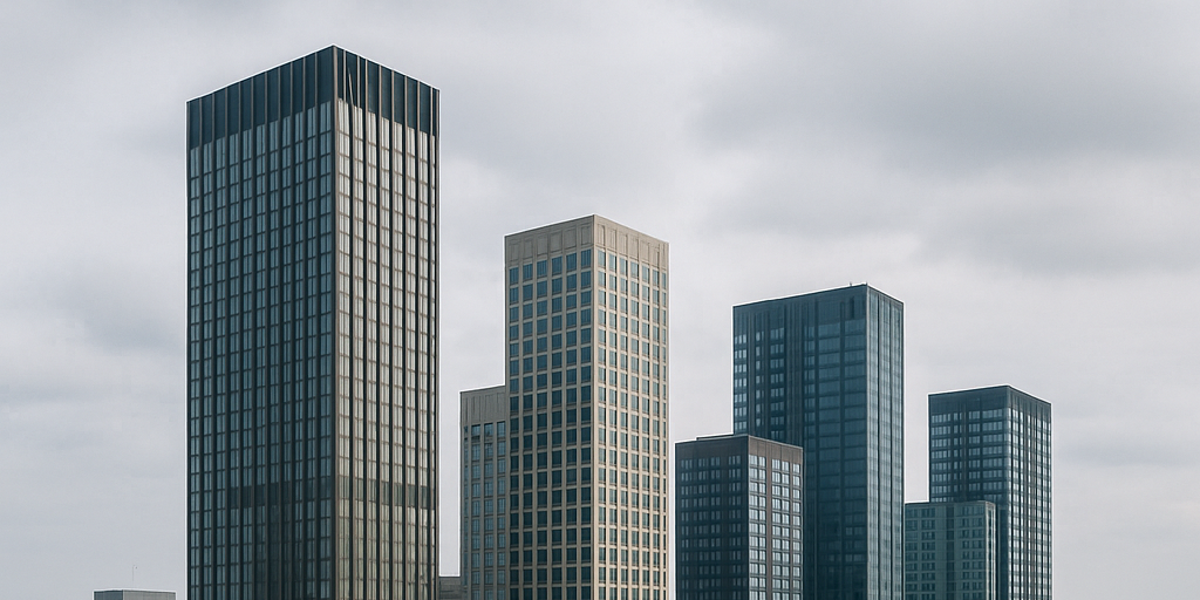Urban density key to unlocking regional growth, says expert
Birmingham must embrace vertical development around key transport hubs if it is to play its part in reversing the UK’s long-standing productivity crisis, according to a new report spotlighting the role of denser, smarter cities in driving national economic growth.
The analysis argues that while the UK is home to millions of skilled workers, cities like Birmingham are failing to convert that talent into high-productivity jobs – largely due to insufficient urban density and a lack of modern office infrastructure.
UK’s second cities underperforming
While London has long been seen as the country’s economic engine, the capital’s productivity growth has stagnated since the financial crisis. This has raised the stakes for Britain’s so-called secondary cities – including Birmingham, Manchester and Leeds – which are now under pressure to pick up the slack.
The report warns that UK cities “look more like American than European cities in terms of density,” which limits their ability to attract and retain high-value industries, particularly knowledge-intensive business services (KIBs) such as tech, finance and consulting.
In Birmingham, this means that although the city has a large pool of graduates and skilled professionals, many are unable to access high-paying roles simply due to lack of clustering in the city centre. Unlike Paris or Frankfurt, Birmingham’s fragmented layout makes it difficult to capitalise on the productivity benefits of urban agglomeration.
Build taller around stations, say economists
To address this, the Centre for Cities and other urban experts are calling for city leaders and central government to densify development around Birmingham’s transport corridors – especially near major hubs like New Street, Moor Street and Curzon Street (future HS2).
This would mean allowing and encouraging more high-rise residential and office space in central Birmingham. By increasing the number of people living and working within walking or cycling distance of one another, the city could create the kind of vibrant, interconnected urban environment that supports faster innovation, stronger collaboration, and ultimately higher economic output.
“Birmingham doesn’t need more sprawl,” said one urban planner.
“It needs smarter, taller development in the right places – not only to house people, but to foster productivity and prosperity.”
Lessons from Europe
The report points to Lille and Bordeaux as examples of second-tier European cities that have outperformed their capitals in growing services exports. Lille, for example, now has a higher concentration of retail and ecommerce headquarters than Paris – made possible by dense development and more affordable office space.
In contrast, Birmingham continues to lag in services trade and productivity despite its central location and young, diverse workforce.
A call to action for city leaders
With the national economy hampered by underinvestment and slow post-Brexit recovery, Birmingham’s role in the UK’s productivity turnaround is more important than ever. But achieving this requires a clear shift in mindset and planning policy – one that favours densification over expansion.
One commentator, summing it up neatly, said: “To fix Britain’s productivity problem, Birmingham can’t just grow. It must grow up.”



1 Comment